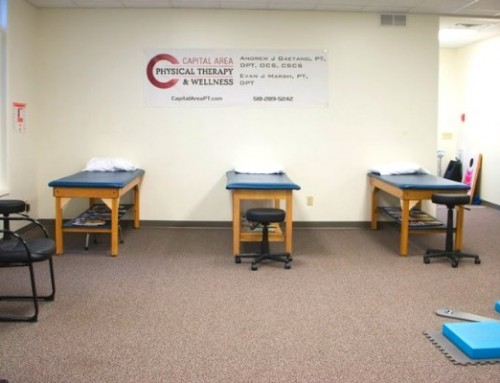Jennifer Mirdita, SPT
The Truth About Pain
Pain is an important signal that your body sends to your brain, indicating a perceived threat. After an injury, pain signals tell your brain that damage has occurred. For example, if you break your leg, the associated pain is your brain’s way of telling you not to walk on that leg. In this way, your body is protecting itself from further damage. As tissues heal, it is often the case that this pain signal remains sensitive and persists despite the absence of threat. Pain that persists long enough can cause re-circuiting of the brain’s wiring and lead to alterations in how pain information is regulated. This can often cause changes in your movement by making your muscles to tense up and limit your motion to give a false sense of protection. As your body remains “on guard” in fear of causing more pain, prolonged changes in your normal movement patterns may occur and lead to further impairments such as decreased flexibility, endurance, and strength. Also associated with persistent pain, sleep disturbances, fatigue, decreased appetite, emotional stress and anxiety, all of which have significant effects on your quality of life. It is easy to see how a vicious cycle may arise and further hinder your function.
Although we all experience pain, nobody experiences it in the same way. Pain is a subjective sense that varies among individuals and situations. Factors that may affect the interpretation of pain include a past experience with pain, understanding of the stimulus, beliefs about the meaning of pain, sleep, mental health (stress, anxiety, well-being) and current physical state. Your pain is real, but in some cases it may not indicate that your body is in danger.
Our goal in physical therapy is to reduce pain and improve function of our patients on a very individual level. The first step in doing so is to to help you understand the underlying cause of your pain, determine the most appropriate and effective strategies to manage your symptoms, and provide you with the tools to be in control of your
pain.
For an individual assessment of your problem, contact us in Malta or Queensbury.
CapitalAreaPT.com






